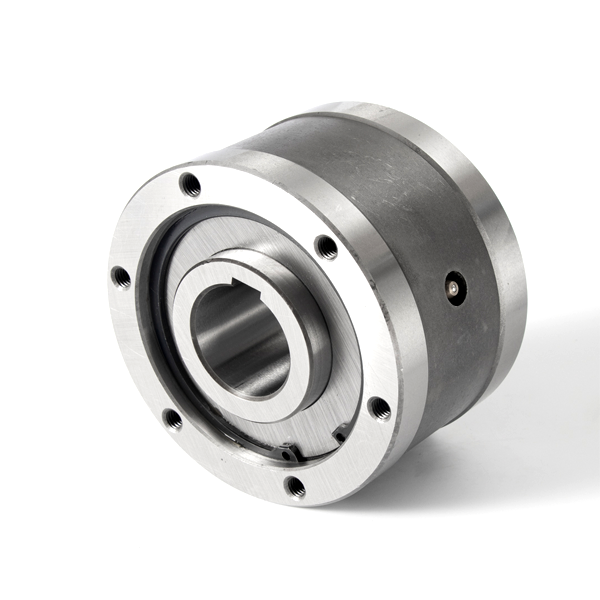Nov . 01, 2024 09:02 Back to list
Exploring Unique Varieties of Ceramic Bearings and Their Applications in Modern Technology
Custom Types of Ceramic Bearings A Comprehensive Overview
Ceramic bearings have gained significant traction across various industries due to their unique properties, such as high resistance to corrosion, superior wear resistance, and exceptional performance in extreme temperatures. Their growing popularity has led to the development of custom types tailored to meet specific requirements of various applications. In this article, we’ll delve into the different custom ceramic bearings, their construction, and the advantages they offer.
At the core of ceramic bearing customization is the choice of materials. The most commonly used ceramics include silicon nitride (Si3N4), zirconium oxide (ZrO2), and alumina (Al2O3). Each material possesses distinct characteristics that make it suitable for particular applications. For instance, silicon nitride is renowned for its lightweight and strength, making it ideal for high-speed applications, while zirconium oxide is favored for its superior mechanical properties in harsh environments.
One major advantage of custom ceramic bearings is their ability to be tailored to specific sizes and geometries. Standard bearings might not fit unique machinery designs, and custom solutions can eliminate the need for expensive modifications to equipment. For example, in aerospace applications, custom bearings are often designed to fit perfectly in confined spaces without sacrificing performance. This precise engineering ensures that the bearings operate efficiently, enhancing the overall performance of the machinery.
Moreover, custom ceramic bearings can be designed to accommodate various load requirements. Engineers can optimize the bearing's design to handle radial, axial, or a combination of both forces effectively. This customization is crucial in industries such as robotics, where machines encounter diverse loading conditions. By tailoring the bearing to these specific loads, manufacturers can increase reliability and extend service life.
custom types of ceramic bearings

- Lubrication and Maintenance
Another area where customization plays a significant role is lubrication. While ceramic bearings can often operate without lubrication due to their low friction properties, certain applications may still require lubricants for optimal performance. Custom bearings can be designed with special features that allow for the efficient distribution of lubricants, ensuring optimal performance under varying operational conditions.
Furthermore, custom ceramic bearings can be engineered to withstand specific environmental factors, such as high humidity, extreme temperatures, and aggressive chemicals. This adaptability is particularly beneficial in industries such as food processing, pharmaceuticals, and chemical manufacturing, where conventional bearings may fail.
In conclusion, the development of custom types of ceramic bearings is a response to the ever-evolving demands of modern engineering and industry. By utilizing advanced materials and innovative design techniques, manufacturers can create bearings that meet the specific performance requirements of various applications. As technology progresses and industries continue to seek improved performance and reliability, custom ceramic bearings will undoubtedly play an essential role in the future of mechanical systems. Whether for aerospace, robotics, or specialized machinery, these tailored solutions provide heightened efficiency and longevity, making them an invaluable asset in today’s competitive landscape.
Latest news
-
25MM 2 BOLT UCFLX05-14 Flange bearing unit( oval)
NewsMar.07,2025
-
4 bolt UCF 200 series Pillow block bearings
NewsMar.07,2025
-
25MM 2 BOLT UCFLX05-14 Flange bearing unit( oval)
NewsMar.07,2025
-
UCF216-50 4-Bolt Flange Housing Square Bearing
NewsMar.07,2025
-
25MM 2 BOLT UCFLX05-14 Flange bearing unit( oval)
NewsMar.07,2025
-
spherical roller bearing material exporter
NewsMar.07,2025





